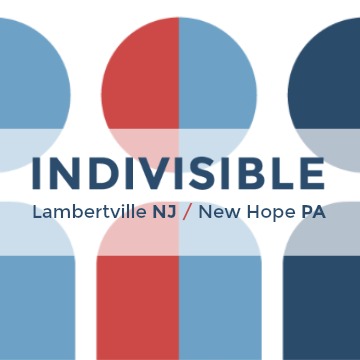Contributed by Diane J. Abatemarco, PhD, MSW.
What’s wrong with the economy? It’s an interesting and yet a complex question that most of us are unable to answer. One reason is that we do not have a working knowledge of our economic health and the national policies that affect our economic health. Questions such as who contributes to the economy and who prospers from economic growth have been shrouded in a hegomonic* haze as part of our political economic culture.
What do I mean by “hegomonic haze?” Well, it’s pretty clear that if we understood the profit margin and our contribution to the GNP from the work we do, we would surely insist that the wage gap between the 1% and the other 99% should reflect the profits being made. To understand the profits made in America, we would need to see earnings reported by corporate executives and shareholders (when their companies are private) and know the percentage of increases in their wages over time as well as the percentage of increases in our wages. It’s a pretty easy statistic to share but nonetheless not one that is provided.
With a millimeter shift in perception, we as Americans can look at our own pockets to know what statistics reflect the economy and its effect on our financial health. For instance, the wage gap between the top 1% and the rest of us shows that while the wealthiest 1% of the nation has seen an astronomical increase in their wealth… not so much for the average American.
Remember that in the 1970’s — a mere 50 years ago — a mortgage payment for the average American was less than 25% of net income after taxes and benefits. What is it now? Now the guidance is that it should be less or equal to 30% of gross wages, that is before taxes, health insurance, pension, etc. In fact, we know from PEW research that real wages have not grown in 40 years. This means that although paychecks have grown it has not kept up with cost of living.
David Leonhardt of the NY Times notes this in his op-ed piece, “We’re Measuring the Economy All Wrong,” that although the official statistics say that the financial crisis is behind us, he shows how it is not. His article also describes how the old and confounding the statistics used to talk about our economy are not useful, except to perhaps keep us confused and to not demand that Congress create policies which enhance our financial health.
How will Trump’s new tariffs and the GOP’s new taxation structure affect us? Well, it’s pretty much the same old, same old. The 1% will not lose out but for the rest of us it’s a different story. Look for future columns that take a dive into these and other economic policies.
*hegemony 1 : preponderant influence or authority over others : domination //battled for hegemony in Asia. 2 : the social, cultural, ideological, or economic influence exerted by a dominant group.



